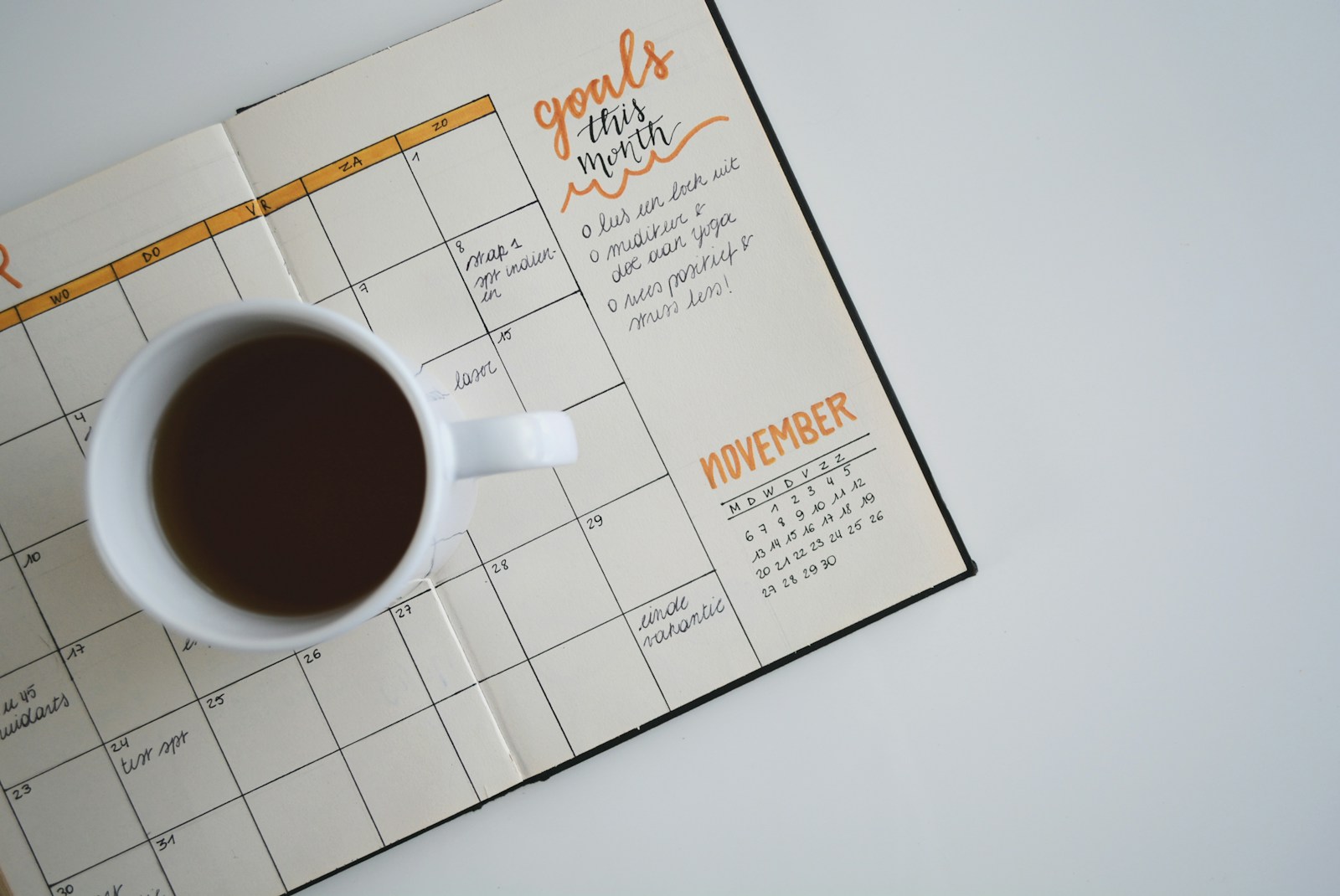Journey of Self-Improvement: How I Used ChatGPT for Cheshbon Nefesh and You Can Too
As the month of Elul draws to a close and Rosh Hashana approaches, many of us feel the call to engage in cheshbon nefesh—a spiritual accounting that helps us reflect on the past year and set intentions for the year to come. This process often involves identifying areas where we can grow, both in our character (middos) and in our daily practices. But how do we go about this in a way that’s both meaningful and manageable?
In my own journey, I found that a conversation with ChatGPT not only helped clarify my focus but also guided me through setting practical, achievable goals (see end of post for a full link of our discussion). Here’s how you can use ChatGPT for your own cheshbon nefesh, with some examples from my experience to illustrate the process.
Step 1: Start with a General Reflection
The first step in this journey is to take a broad look at your life and spiritual practice. Start with a general prompt:
Prompt: "As Rosh Hashana approaches, I want to reflect on my past year and identify areas where I can improve. Can you help me figure out where to start with my cheshbon nefesh?"
This will help you consider various aspects of your life—your relationships, work, personal growth, and spiritual practice. In my case, I shared my roles as a rabbi, father, and community leader, which led to a discussion about balancing personal and communal responsibilities.
Step 2: Narrow Down to Specific Areas
Once you’ve outlined the general areas of your life, the next step is to identify specific middos or mitzvos to work on. Use a prompt that focuses on narrowing down your options:
Prompt: "Based on my roles and responsibilities, what are some specific middos or mitzvos that would be worthwhile for me to focus on?"
ChatGPT suggested several possibilities for me, including Zerizus (alacrity), Shalom Bayis (peace in the home), and Time Management. Each of these areas felt relevant, but I needed to choose one that would have the greatest impact.
Step 3: Evaluate and Choose the Most Impactful Area
After identifying potential areas of focus, you’ll need to decide which one to prioritize. This can be done through a simple self-evaluation:
Prompt: "Can you ask me a few yes-no questions to help me figure out which middah or mitzvah I should work on first?"
In my case, a short quiz helped me realize that Zerizus and Time Management were the areas I struggled with most and would benefit from improving. This step helped clarify where I should direct my efforts.
Step 4: Set Practical and Achievable Goals
Once you’ve chosen a focus, it’s time to translate that into a practical plan. Here’s how you can structure it:
Prompt: "How can I set a SMART goal to work on my chosen middah or mitzvah? I want it to be specific, measurable, achievable, relevant, and time-bound."
ChatGPT helped me create a SMART goal around Zerizus and Time Management by suggesting a daily practice of morning planning and task prioritization. For the long term, the goal was to establish a consistent daily routine that balances all my responsibilities.
Step 5: Commit and Reflect
Finally, it’s essential to commit to your plan and set up a system for reflection and accountability. Here’s a prompt you can use:
Prompt: "How can I stay committed to my goal and ensure I reflect on my progress regularly?"
I decided to track my daily progress and conduct an end-of-day reflection to adjust my approach as needed. The idea is to make this practice part of my daily routine, ensuring that I stay on track.
Inspire Others to Begin Their Journey
This process of using ChatGPT for cheshbon nefesh has been incredibly helpful for me, and I believe it can be just as powerful for you. By starting with general reflections and gradually focusing on specific areas for improvement, you can create a personalized plan that’s both meaningful and achievable.
Here’s a summary of the prompts you can use to guide your own journey:
- General Reflection:
"As Rosh Hashana approaches, I want to reflect on my past year and identify areas where I can improve. Can you help me figure out where to start with my cheshbon nefesh?" - Narrow Down Specific Areas:
"Based on my roles and responsibilities, what are some specific middos or mitzvos that would be worthwhile for me to focus on?" - Evaluate and Choose:
"Can you ask me a few yes-no questions to help me figure out which middah or mitzvah I should work on first?" - Set SMART Goals:
"How can I set a SMART goal to work on my chosen middah or mitzvah? I want it to be specific, measurable, achievable, relevant, and time-bound." - Commit and Reflect:
"How can I stay committed to my goal and ensure I reflect on my progress regularly?"
Conclusion
Taking the time to engage in cheshbon nefesh can be transformative, especially when you have a clear plan and practical goals. Using ChatGPT as a guide, you can explore different areas of your life, set meaningful objectives, and stay on track with your commitments.
As we approach Rosh Hashana, consider taking a moment to start this journey. Whether it’s focusing on Zerizus, Time Management, or another area, the key is to begin—and to do so with intention and sincerity. May we all be blessed with a year of growth, peace, and fulfillment.
You can read here our original discussion in its entirety.
